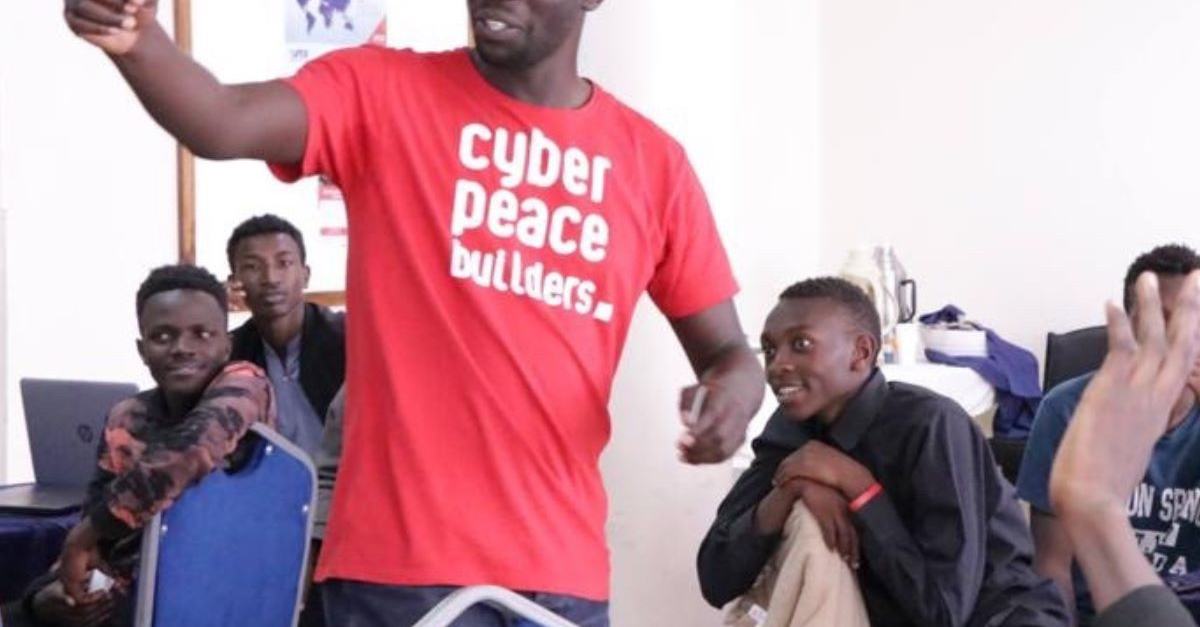As digital technology evolves at an astonishing pace, law enforcement agencies worldwide face a growing challenge: the ever-expanding volumes of digital data. From smartphones and messaging apps to cloud services and encrypted channels, the diversity and complexity of data sources continue to surge. In this digital landscape, timely access to relevant information has become critical—yet increasingly difficult.
The forensic search engine Hansken
The Netherlands Forensic Institute (NFI), located in The Hague, has developed the forensic search engine Hansken, as the amount of data and data sources to be investigated in criminal cases is increasing rapidly. Hansken works as an engine that anything which may be relevant can be searched Hansken was born out of necessity. With the sheer volume of digital material to be searched in criminal investigations—ranging from fraud, murder, and cybercrime to child pornography—the need for a smarter, faster, and more accessible tool became urgent. Hansken works as an engine that can search for anything potentially relevant, from specific words and names to trace properties such as emails, chat messages, and photos. It enables police forces to sift quickly and efficiently through large quantities of seized digital carriers, such as computers and mobile phones. Investigators can then filter their search results using Hansken’s intuitive tools, narrowing down millions of traces to a relevant selection—each file ready to be examined one by one.
What does Hansken do?
In other words, Hansken is a modern approach to digital forensics. It allows investigators to independently search, filter, and interpret data without having to rely exclusively on digital experts. This significantly speeds up investigations and reduces common bottlenecks, as traditional applications often struggle to process vast quantities of data in a short time. Hansken stands apart by being convenient for a range of users—digital specialists, data analysts, and case investigators alike—ensuring that knowledge and control are no longer confined to a select few.
The Hansken Academy and Community
At the heart of Hansken lies its collaborative ecosystem, supported by two essential pillars: the Hansken Academy and the Hansken Community. The Hansken Academy offers tailored courses to equip both new and experienced users with the skills required to work effectively with the platform. As technologies evolve and new challenges emerge, the Academy ensures that users remain competent and confident in their use of Hansken.
Meanwhile, the Hansken Community exemplifies a culture of openness and shared innovation. It is composed of law enforcement and security agencies such as police forces, Special Investigation Services, Public Prosecution Services, Forensic Institutes, and academia. Within this international community, participants exchange knowledge and software, co-develop future tools, and contribute to the platform. Organisations can create their own plug-ins, add customised functions, and quickly implement emerging techniques thanks to Hansken’s open architecture.
Crucially, this collective development model is bolstered by unique partnerships—such as with Leiden University of Applied Sciences and The Hague Security Delta (HSD)—positioning Hansken at the forefront of digital forensic innovation. These collaborations reflect the wider vision of Hansken: a platform not just used by, but built with its community.
Read more

Home
The Netherlands Forensic Institute (NFI) is one of the world’s leading forensic laboratories. From its state-of-the-art, purpose-built premises in The Hague, the NFI provides products and services to a wide range of national and international...

Leiden University to launch new bachelor’s programme in cybersecurity & cybercrime in The Hague
Leiden University to Launch New Bachelor’s Programme in Cybersecurity & Cybercrime in The Hague.

How to prevent 200+ NGOs in The Hague from shutting down after a cyberattack
How an NGO in The Hague is ensuring the cybersecurity of 200+ NGOs in the City of Peace, Justice and Security.